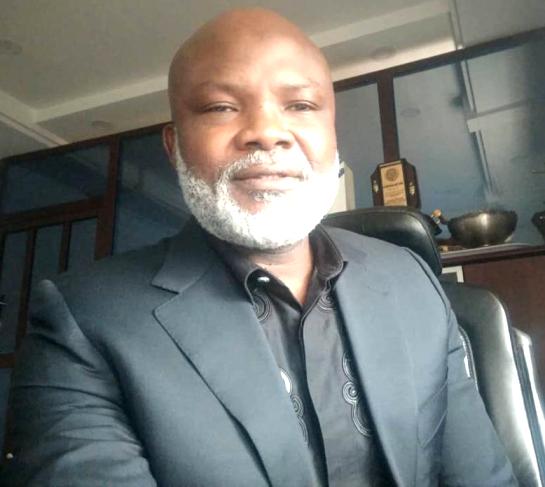
In a bid to address speculations surrounding a purported cold war within the Nigeria Indigenous Shipowners Association (NISA), Captain Taiwo Akinpelumi, a prominent member of the association has refuted allegations of his involvement in spearheading tension against the current President Otunba Sola Adewumi.
Recall that an aggrieved ship owner and member of NISA Captain Kola Raheem and Kotram Nig Ltd, had dragged the association to court and had instituted a N5million fundamental human rights enforcement suit against Jubril Rowaye, the Association WhatsApp Platform Admin and Trustees of the Association, in the Suit No FHC/L/CS/1853/2023 pending before Hon. Justice Aneke of the Federal High Court, Ikoyi Lagos.
Raheem, the suspended member and his company (Kotram) alleged that Mr. Jubril Rowaye, 1st Respondent, acting on the instruction of the Trustees Of the Association, 2nd Respondent, witch-hunted, oppressed and removed him, Capt Kola Raheem, 2nd Applicant, from the WhatsApp Platform for forwarding a congratulatory message of the then Minister of Marine and Blue Economy designate, to the Association WhatsApp Platform.
In the suit, the applicants argued that their removal did not follow due process and that the acts of the ‘respondents’ constituted an infringement on their right to freedom of expression and association.
Addressing the allegations, in a recent interview with our correspondent, Captain Akinpelumi asserts: “I don’t think those allegations are true. Maybe the report is not accurate. I mean, there’s no way I’ll be removed from NISA. I am a bonafide member of the Nigeria Indigenous Shipowners Association and nothing has changed that. So when we are talking of Cold War, there is nothing like that.”
He emphasizes the dynamic nature of legal matters within organizations like NISA, noting that interpretations of constitutions can vary among members. “Law is dynamic,” he states, “If a group of people come together and carve for themselves a constitution, people are bound to interpret it differently. This diversity in interpretation is permissible and should not be misconstrued as a conflict or escalated into what some might term a ‘cold war.'”
However, responding to the specific question about being in court with the President of NISA, Akinpelumi clarifies, “We are not in court with the President.” Instead, he elaborates on the rationale behind their legal action, explaining, “Why we are in court is that there were some processes put in place which we feel has to be done differently.”
The decision to seek legal recourse, according to Captain Akinpelumi, is not driven by personal or group battles within NISA. Rather, it’s a conscientious effort to address certain processes within the association that require a different approach. He said the goal is to seek a clear, impartial interpretation of the association’s constitution.
“The essence of resorting to legal intervention is to benefit the entire NISA community,” Captain Akinpelumi asserts. “It’s not solely about individual perspectives or differing interpretations of the Constitution. Instead, it’s an attempt to ensure a uniform and accurate understanding of the constitution’s provisions; beneficial for every member.”
He emphasized that the endeavour is purely about achieving clarity, unity, and an unequivocal understanding of the constitution’s framework for the betterment of the association as a whole. “It’s a proactive step taken to facilitate a clearer and more comprehensive understanding of the association’s constitution, ensuring equitable guidance and adherence to its principles for the benefit of all members involved.”















